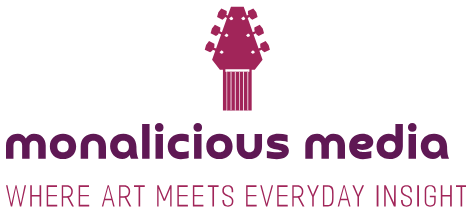Why I Recommend Diarios Rosa Bebé Capa Dura: My Personal Experience and Expert Insights
I’ve always been fascinated by the delicate charm and timeless appeal of baby keepsakes, and nothing captures those precious early moments quite like a beautifully crafted diary. When I discovered the “Diarios Rosa Bebe Capa Dura,” I was instantly drawn to their elegant design and the promise of preserving memories in a way that feels…
